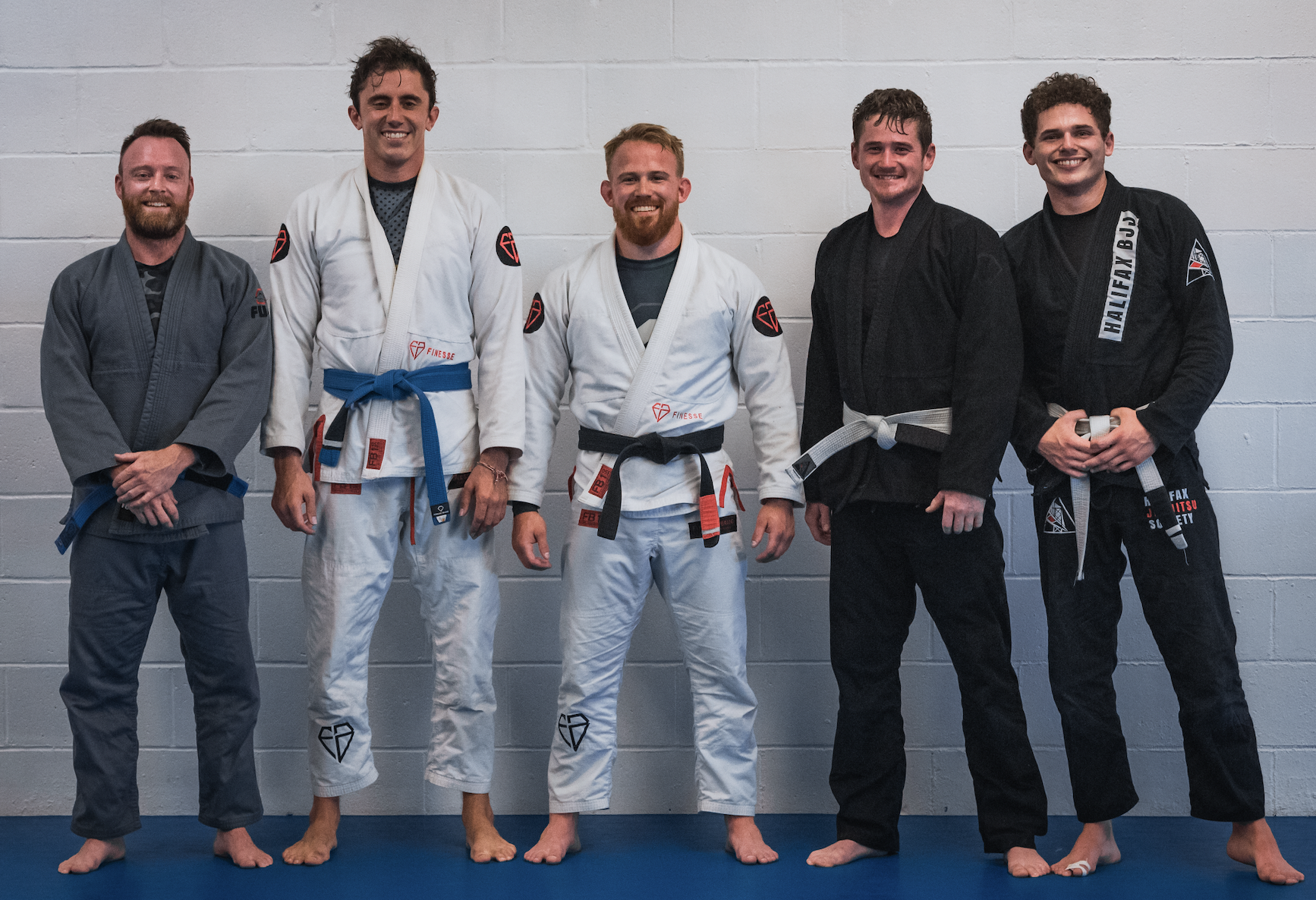
What is Brazilian Jiu-jitsu?
Brazilian Jiu-Jitsu (BJJ) is a martial art and combat sport that originated in Brazil in the early 20th century. It is often referred to as "The Gentle Art" due to its focus on leverage, technique, and submission holds rather than brute force. BJJ has gained widespread popularity around the world for its effectiveness in real-life self-defense situations and as a competitive sport.
What BJJ is all about
Grappling and Ground Fighting: BJJ primarily focuses on ground fighting techniques. Practitioners learn how to control and submit their opponents on the ground. The goal is to immobilize or submit the opponent without the use of strikes.
Leverage and Technique: BJJ places a strong emphasis on leverage and technique. Practitioners are taught how to use their body positioning and leverage to control and submit opponents who may be larger and stronger.
Submission Holds: One of the defining features of BJJ is its extensive array of submission holds. These include joint locks (e.g. armlocks and leglocks) and chokeholds (e.g. rear-naked choke and triangle choke). The objective is to force the opponent to "tap out" or concede defeat to prevent injury.
Positional Control: BJJ practitioners learn various positions to control their opponents effectively. These positions include but are not limited to, the mount, side control, and back control. Different positions provide opportunities to advance into submission holds or maintain control.
Sparring: Live sparring, often referred to as "rolling," is a crucial part of BJJ training. During rolling sessions, practitioners apply techniques in a live, resistant environment, testing their skills against resisting opponents. This helps refine technique, timing, and adaptability
Gi (Kimono) and No-Gi: BJJ can be practiced with or without the traditional gi (a martial arts uniform similar to a judo uniform). Gi training involves using grips on the clothing, while no-gi training emphasizes control without the gi.
Self-Defense: Although not the emphasis of my courses, BJJ also incorporates self-defense techniques, teaching practitioners how to defend against common attacks, including those on the ground.
Competition: BJJ offers various levels of competition, from local tournaments to international championships. Competitions are typically divided by age, weight, and belt rank. Points are awarded for achieving dominant positions and submission attempts.
Self-improvement: Besides its effectiveness in self-defence and sport, BJJ offers numerous benefits, including improved physical fitness, enhanced mental focus, increased self-confidence, and a sense of camaraderie within the BJJ community.





